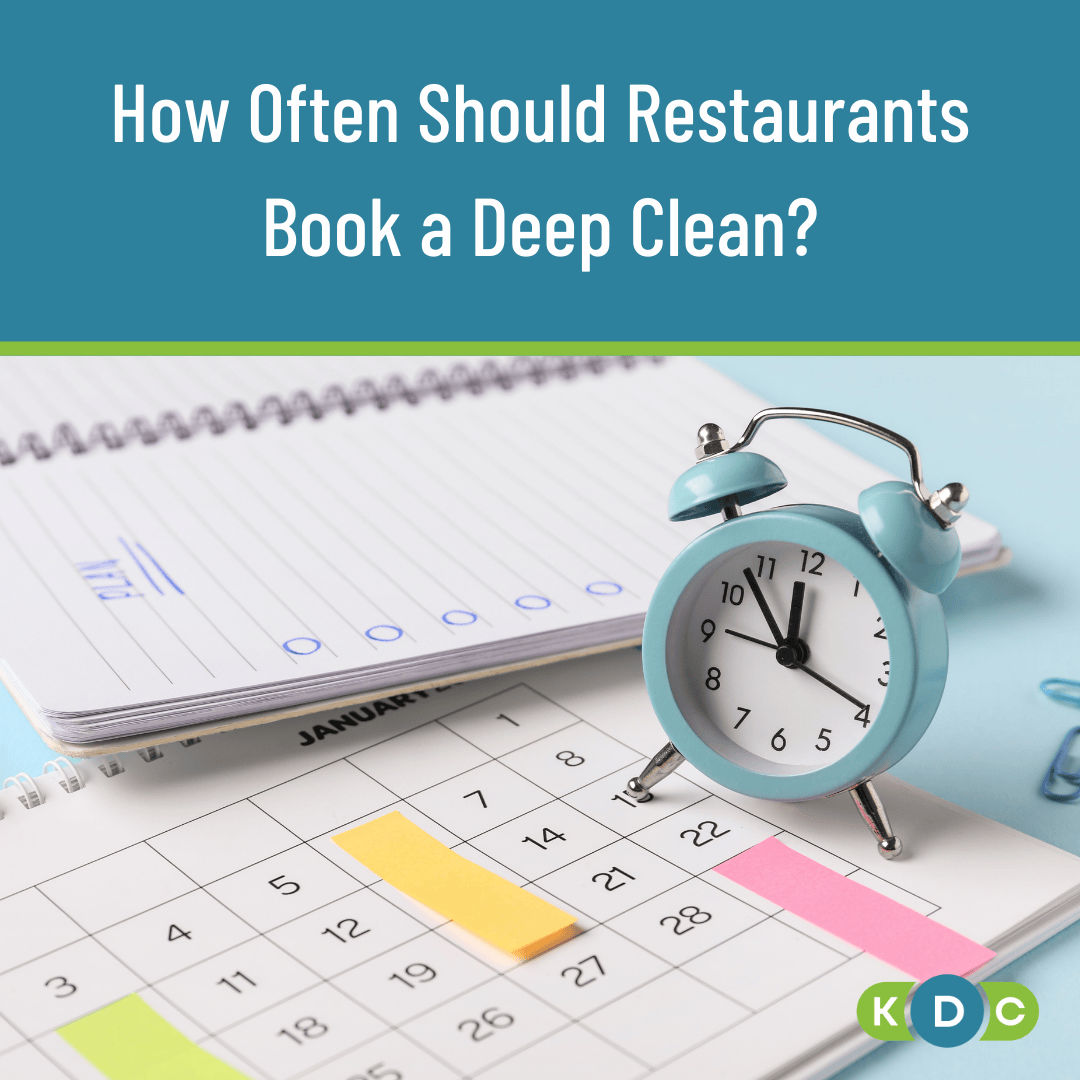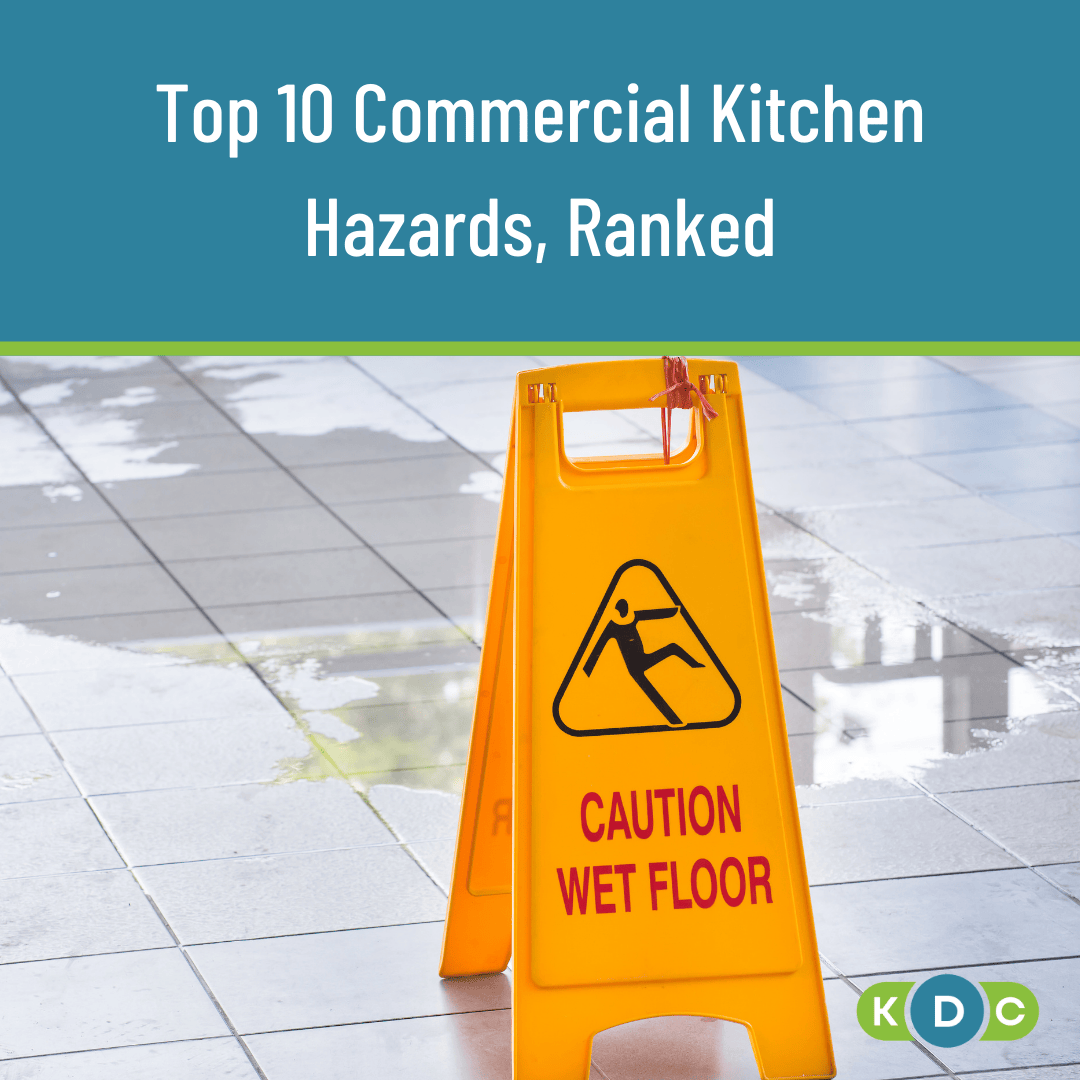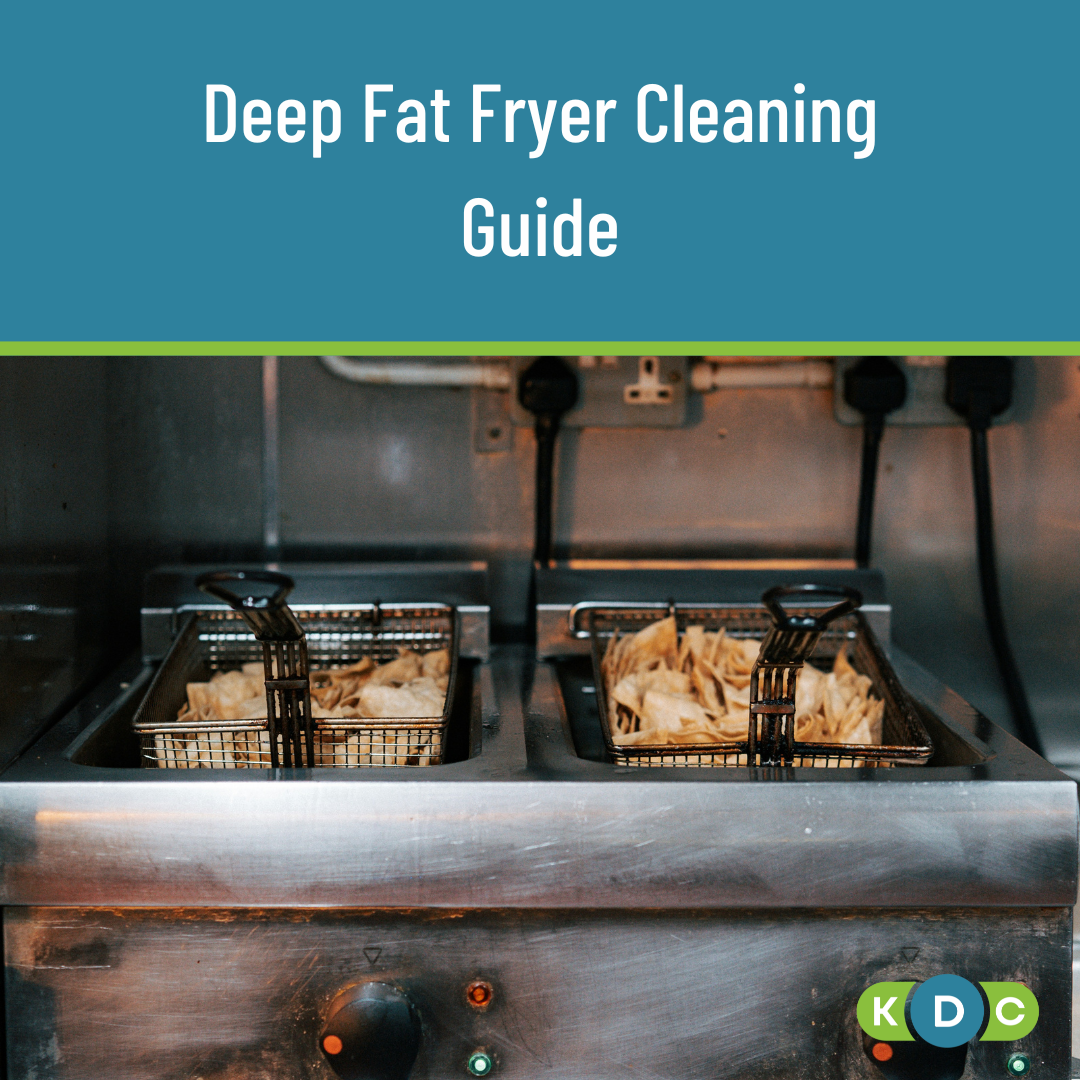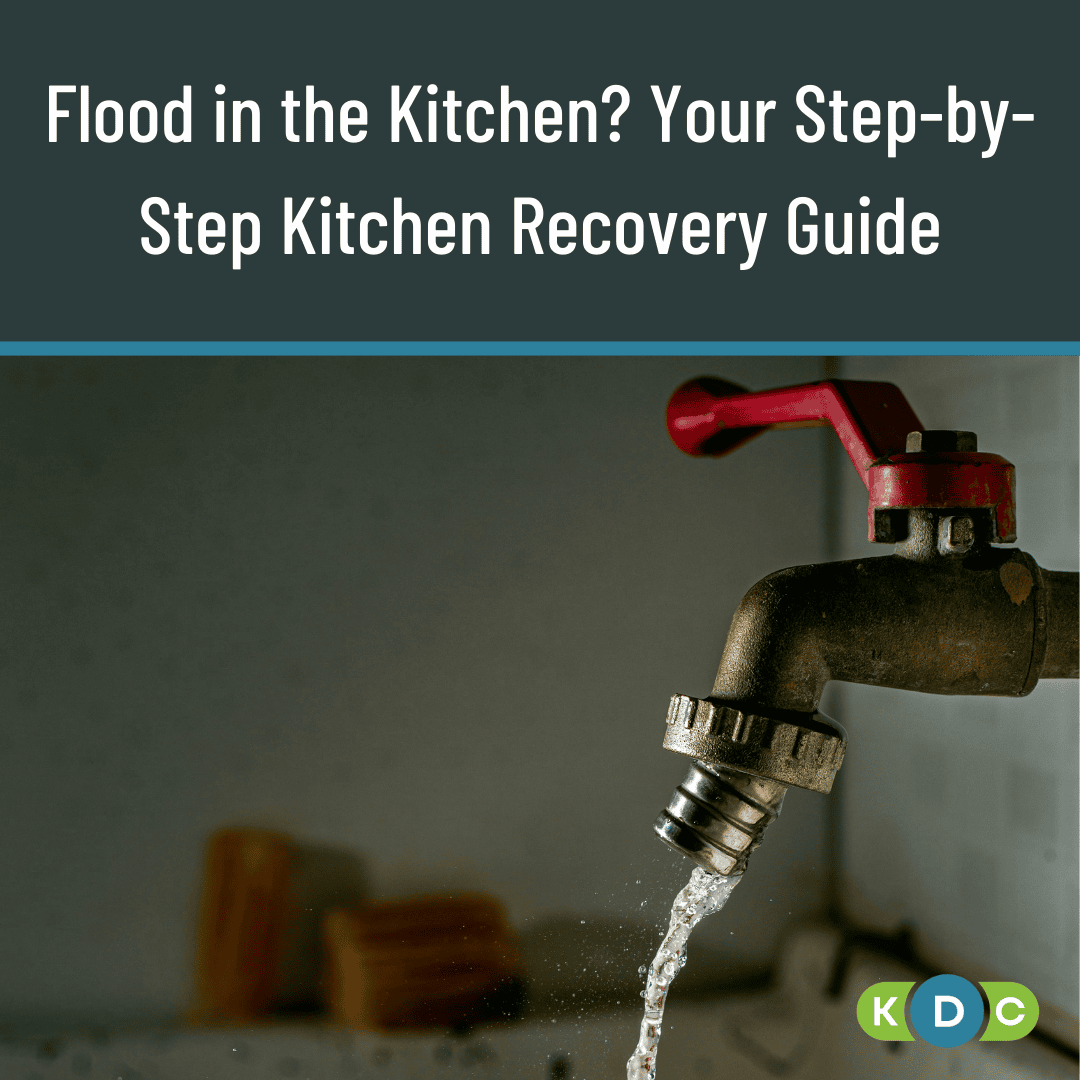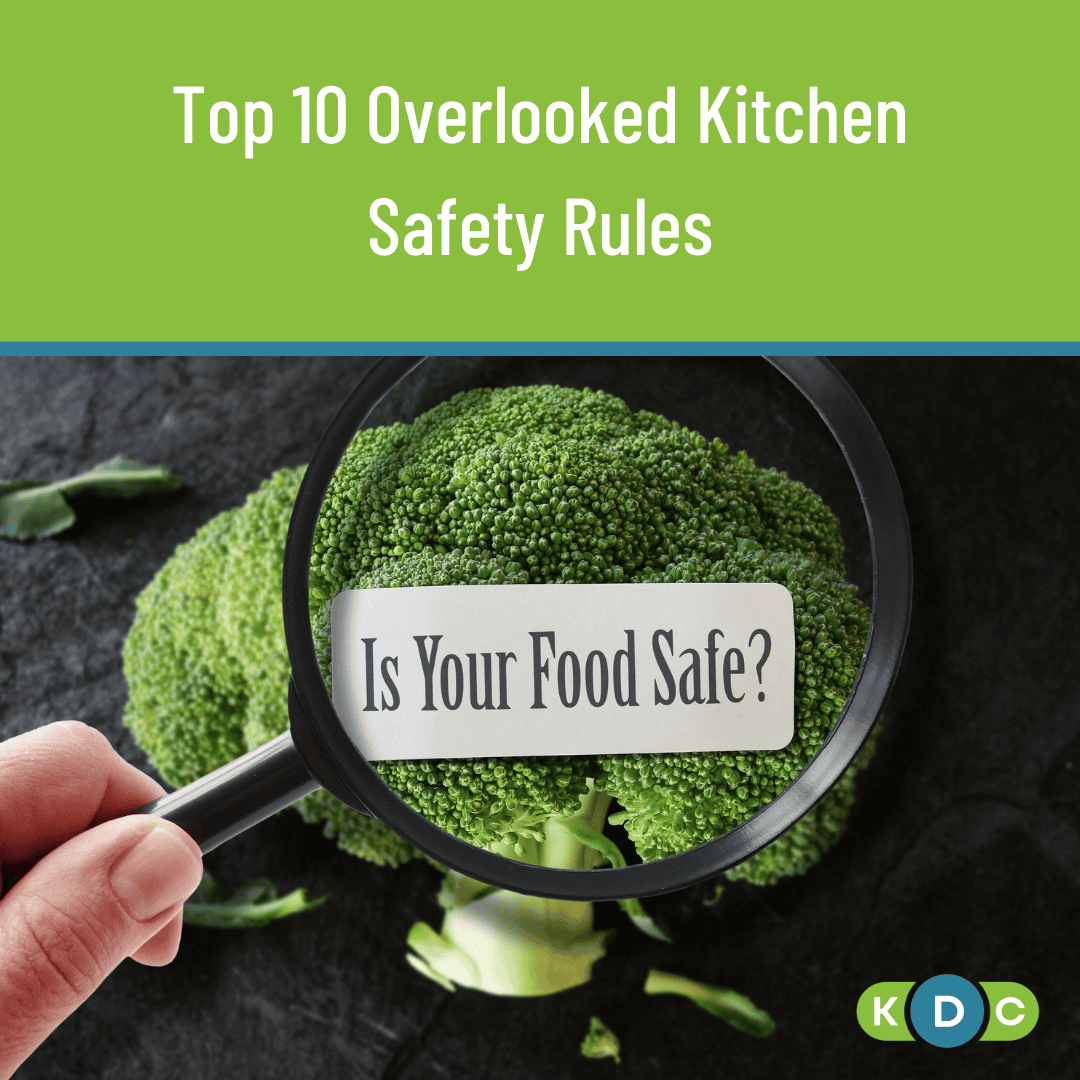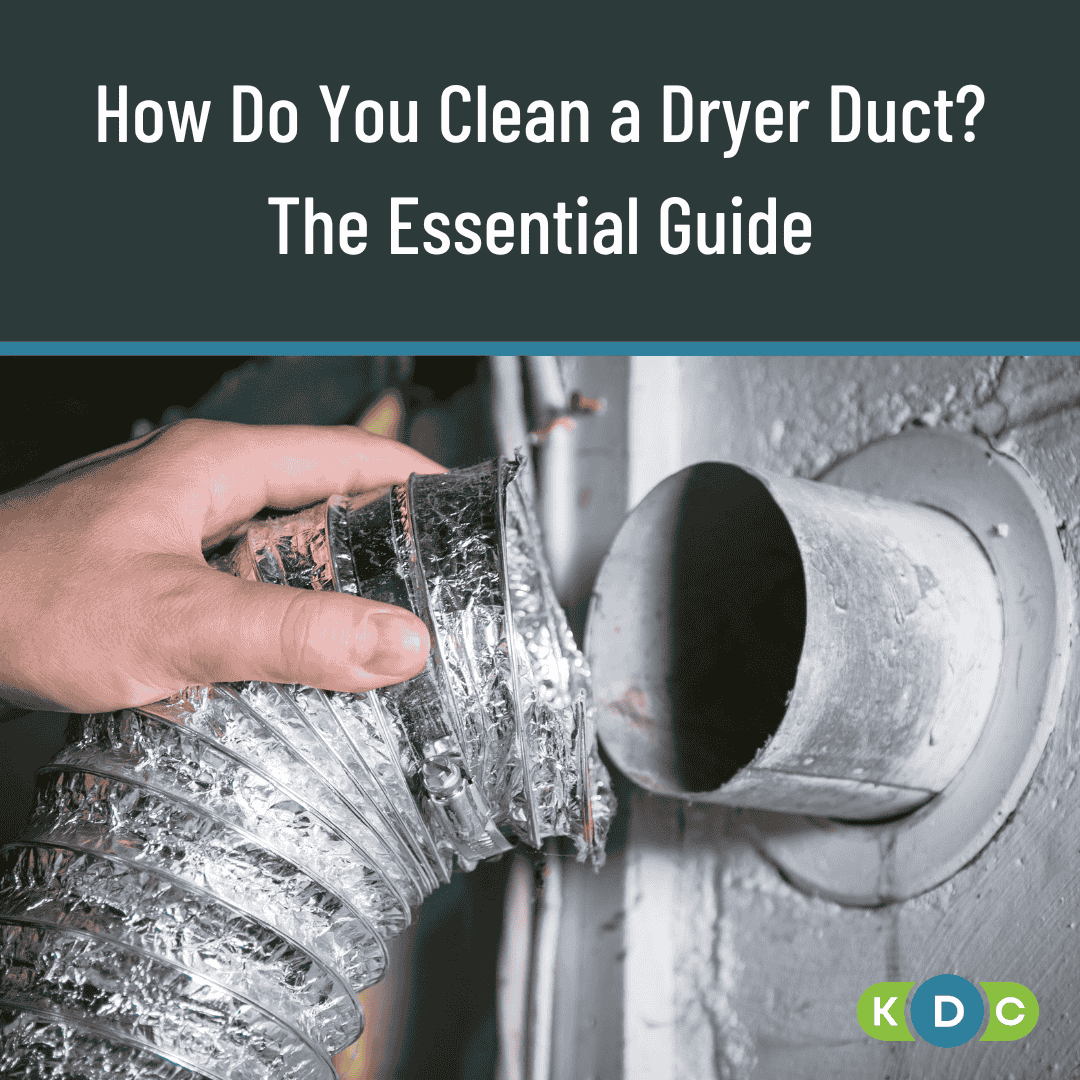How to Clean a Kitchen Hood
Learn how to clean kitchen hood filters and grease filters properly. Essential safety tips, cleaning schedules and when to call professionals for your kitchen.
In the mad rush of a commercial kitchen, your extractor system is the unsung hero working overtime. While your chefs are creating magic and your signature dishes are flying out the door, this invisible workhorse is quietly removing grease, smoke, heat and steam around the clock.
But listen up: when your kitchen extraction system gets clogged with grime, your whole operation takes a hit. We’re talking serious fire hazards, dodgy air quality and compliance nightmares that could see you getting a proper telling-off from the health inspector.
The good news? Knowing how to clean your kitchen hood properly keeps your kitchen safe, efficient and regulation-compliant. Here’s the nitty-gritty on how to tackle that grease buildup, whether you need to clean your cooker hood or maintain your kitchen extractor fan and when it may be time to call in the professionals.
What is an Extractor System?
Think of your extractor system as your kitchen’s lungs - it’s literally what keeps the place breathing. But what exactly are we dealing with here? These are the parts:
Kitchen Hood (or Cooker Hood or Kitchen Canopy)
That’s the visible bit hanging above your hob. It’s usually stainless steel and built like a tank. You’ll see canopy hoods mounted on walls or island setups, all designed to capture everything rising from your cooking surfaces.
Kitchen Extractor Fan (or Kitchen Exhaust Fan)
The mechanical muscle of the operation. This motor and fan blade combo sits inside the hood, pulling air through the system. In the UK, we mostly call it an extractor fan, but it’s the same beast that’s doing the heavy lifting.
Hood Filters and Grease Filters (or Cooker Hood Filters)
These mesh or baffle filters are your first line of defence, trapping airborne grease before it gets into the ductwork. Without them, you’d have grease coating everything downstream. Not a pretty sight.
The Ductwork
The hidden network of passages that channel all that extracted air outside. It’s out of sight, but, trust us, definitely not out of mind when it comes to cleaning.
Working together, these components improve air quality by removing grease, smoke, heat and cooking odours. Fair play to them, they’re keeping your kitchen from turning into a smoke-filled nightmare.
The Hidden Dangers: Why Neglecting Your Extractor System is a Recipe for Disaster
Right, time for some harsh truths. Skip the cleaning, and your extractor system turns from hero to hazard faster than you can say “kitchen fire.”
Fire Hazard: Grease buildup is basically fuel waiting for a spark. All that accumulated grease in your filters and ducts? It’s highly flammable and a leading cause of commercial kitchen fires. One flare-up near that grease-caked system, and you’re looking at a right disaster.
Health and Hygiene Risks: Your staff are breathing in smoke, grease particles and fumes when the system’s not pulling its weight. Plus, all that trapped moisture creates a lovely breeding ground for mould and bacteria, which then contaminate your food and work surfaces. Not exactly the kind of seasoning you want, now is it?
Reduced Efficiency and Sky-High Bills: When filters and ducts get clogged, your system has to work overtime just to move air. That means higher energy bills, poor removal of smoke and odours, and a kitchen that feels more like a sauna than a workspace.
Equipment Damage: All that extra strain on motors and components? It’s like making your best mate carry twice their weight … eventually, something’s going to give. You’re looking at costly repairs, breakdowns and having to replace equipment years before you should.
Legal Troubles: Here’s where things get seriously sticky. Inspectors can spot grease buildup from a mile away. Non-compliance with fire safety codes and health regulations can hit you with hefty fines, legal penalties, forced closures, or, worst of all, invalidated insurance when you need it most.
Basically, regular extractor fan cleaning isn’t just good housekeeping. It’s essential for keeping your business running and your people safe.
When to Clean: Establishing a Smart Cleaning Schedule
Not sure if you’re overdue? Here's your roadmap to staying on top of things:
Filters - Monthly at Minimum: Clean those grease filters at least once a month. High-volume kitchens might need weekly attention. Keep an eye out for the warning signs: visible grease buildup, reduced airflow, funky smells, or smoke escaping around the edges.
Full System Deep Clean - Every 3-6 Months: This is where the professionals come in handy. Your full hood system, including those hard-to-reach ducts and fans, typically needs a proper going-over every quarter or twice a year, depending on how hard you’re working it.
- Light usage: Annual cleaning might cut it
- Moderate usage: Every 6 months
- Heavy usage: Every 3 months, no messing about
Monthly Inspections: Give everything a once-over monthly to catch problems before they become disasters. See it as a health check for your kitchen’s lungs.
What Your Team Can Do (and What to Avoid)
Your staff can handle some of the routine maintenance. But there are definite do’s and don’ts to keep everyone safe.
Safety First
Always turn off and unplug the system before cleaning. Get your team kitted out with protective gloves and safety goggles. No shortcuts.
Filter Cleaning the Right Way
- Remove filters and give them a good soak in warm water with a degreaser or washing-up liquid for 15-30 minutes
- Add bicarbonate of soda for stubborn stains
- Scrub with a soft-bristled brush or non-abrasive pad
- Rinse thoroughly with hot water and air dry completely
- Got carbon filters? Don’t waste time washing them, they need replacing
- Use a sponge or soft-bristled brush with white vinegar solution for tough grease and grime
Hood Surfaces, Inside and Out
- Wipe down with warm water and mild detergent using a microfibre cloth
- For tough grease, make a paste with baking soda and water, or use a vinegar solution
- Polish stainless steel with a dedicated cleaner or a tiny bit of baby oil for that proper sparkle
Drip Tray Maintenance
Remove, soak in hot soapy water, scrub, rinse and dry. Simple as that.
What to Avoid
- Harsh chemicals like bleach or chlorine as they’ll damage your surfaces and filters
- Cleaning while equipment is running (seriously, don’t)
- Only cleaning what you can see and ignoring the hidden ducting and extractor hood components
- Leaving components damp after cleaning as it could lead to rust and mould
Navigating UK Regulations: Staying Compliant
Ignorance isn’t bliss when inspectors come calling, so let’s talk about legal requirements.
TR19 Guidelines: TR19 Grease, developed by BESA (Building Engineering Services Association), is the UK’s benchmark for kitchen extract cleaning. While not a law, it’s widely enforced by environmental health officers and required by insurers. TR19 mandates thorough cleaning at least every six months for most operations, with heavy-use kitchens needing more frequent attention. Professional cleaning services ensure your systems meet these guidelines. Learn more about them in our TR19 guide.
The Workplace (Health, Safety and Welfare) Regulations 1992: You’re legally required to provide adequate ventilation in enclosed workplaces. No wiggle room here.
Gas Safety (Installation and Use) Regulations 1998: Proper maintenance of flues and interlocking systems for gas appliances isn’t optional.
The Health and Safety at Work Act 1974: You’re responsible for providing and maintaining safe working conditions.
Beyond avoiding fines and closures, compliance with these regulations reduces fire risks, improves air quality, ensures optimal efficiency and keeps your insurance valid. Remember that many providers require proof of compliance (like a Certificate of Cleanliness) to honour policies.
Tips for Ongoing Upkeep
Want to keep your extractor fan filter and system running sweet with regular cleaning? Here’s your daily, weekly and monthly routine:
Daily: Quick wipe-down of exterior surfaces at the end of service. It takes two minutes but makes a real difference.
Weekly: Clean those grease filters religiously. Make it part of your closing routine.
Monthly: Inspect fan blades and vents for early signs of grease buildup. Clean the drip tray regularly and don’t forget to check for any damage or wear.
Top Tips: Use splatter guards to reduce grease accumulation, replace any paper filter components as needed and focus on preventing build-up of grease in extractor systems. Effectively train your staff on proper cleaning procedures and stick to a consistent cleaning schedule. Just like going to the gym, consistency beats intensity every time.
When to Call in the Pros to Clean Your Kitchen Hood
Here’s the truth: there's only so much that your staff can reach. Deep grease accumulation happens in ducts, fans and other hard-to-reach areas that need specialist attention.
Why Professional Deep Cleaning is Essential
- Access to hidden areas: Professionals have the tools and know-how to clean ductwork and fans properly. These are areas where fire risks really build up.
- Comprehensive system cleaning: We’re talking hood, filters, ductwork and fans from top to bottom.
- Specialist equipment: Pressure washing, industrial-strength chemical solutions and scrapers for heavy deposits.
- Expert knowledge: Trained technicians understand different hood types and materials.
- Certification and compliance: Professional cleaning comes with certification stickers and reports for inspectors, ensuring you meet TR19 guidelines.
- Before and after documentation: Detailed reporting with photos, deficiency notes and maintenance recommendations.
Professional deep cleaning reduces fire risk, improves air quality and extends your equipment's lifespan. It’s an investment in your staff, commercial success and your kitchen’s future.
To Wrap Up
Your extractor system works harder than your busiest chef, and it deserves the same level of attention. Making sure it’s clean isn’t just about ticking boxes. It’s about protecting lives, safeguarding your investment and ensuring a healthy working environment.
If you’ve been neglecting your kitchen hood, perhaps it’s time to call in professional help. KDC Hygiene Ltd can help keep your kitchen safe, compliant and running at peak efficiency. Give us a ring. Your future self (and your insurance company) will thank you.
Did you find this blog useful? If so, you may benefit from reading our guides on how to clean a commercial deep-fat fryer, how to clean your kitchen’s ceilings, walls and floors, and our commercial kitchen hygiene checklist.


